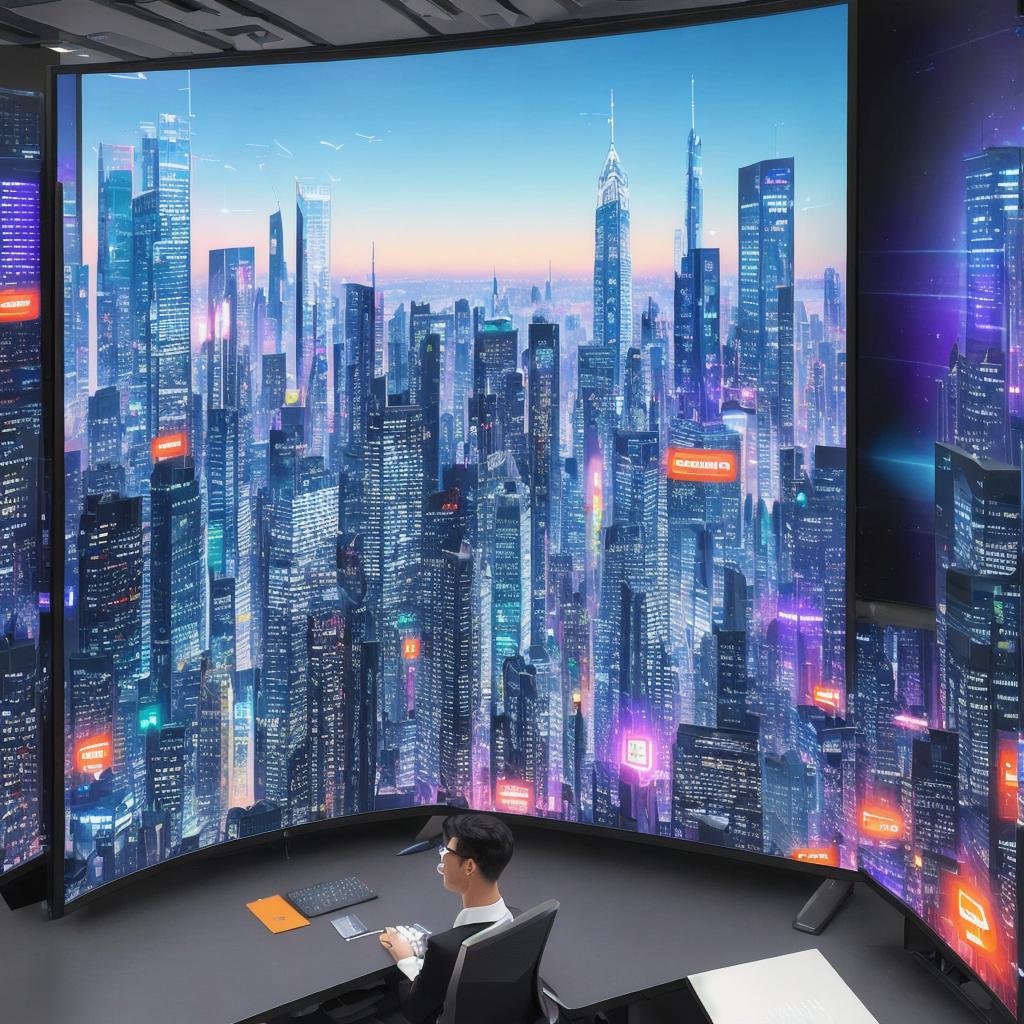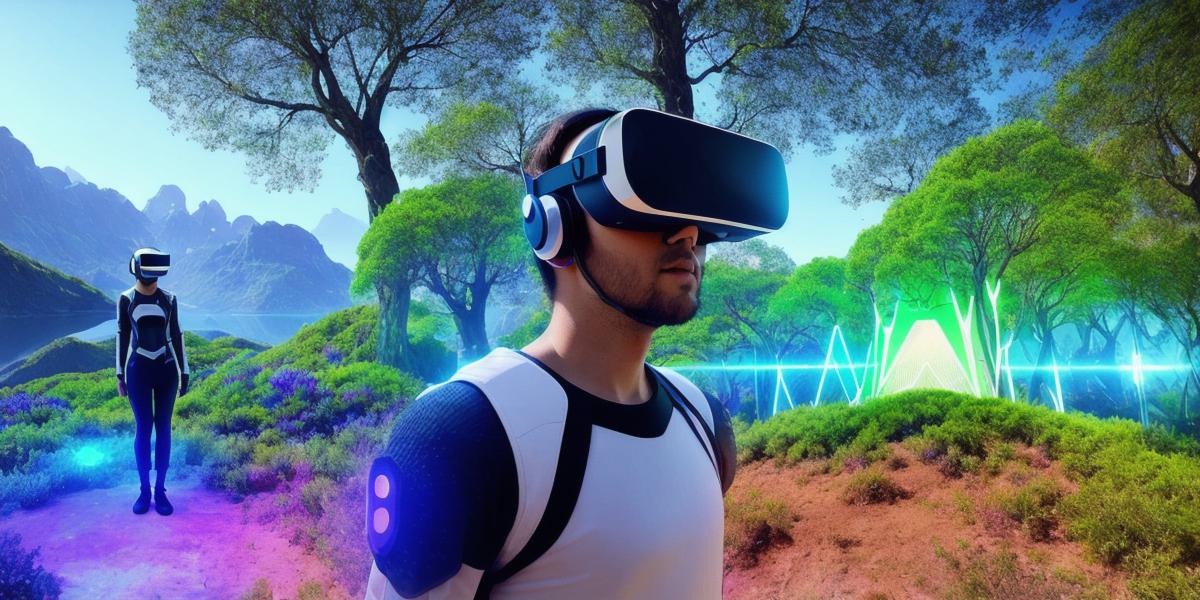The metaverse, a collective virtual shared space created by the convergence of virtually enhanced physical reality and physically persistent virtual reality, has been a topic of much debate recently. With advancements in technology, many are asking if the metaverse could ever truly replace real life. In this response, we will explore the potentials, limitations, and implications of the metaverse as a viable alternative to real life.
**Potentials:**


First, let us discuss the advantages of the metaverse as a possible replacement for real life. The metaverse offers endless opportunities for personal expression and creativity through avatars, virtual environments, and user-generated content. It also presents unprecedented accessibility to educational resources, employment, and social connections regardless of geographical limitations. Furthermore, it provides a platform for immersive experiences that can stimulate the mind in ways that are not possible in the physical world.
**Limitations:**
However, the metaverse is not without its challenges. One major limitation is the lack of authentic emotional connection and empathy that comes with real-life interactions. Virtual environments cannot fully replicate the complexities of human emotions and social cues. Additionally, there are concerns about the potential negative effects on physical health, such as sedentary behavior and the impact on sleep patterns. Furthermore, the metaverse may widen the gap between those who can afford advanced technology and those who cannot.
**Implications:**
The metaverse is not meant to replace real life entirely but rather to augment it. It presents opportunities for exploration, creativity, and connection that are not always available in the physical world. However, it is crucial to remember that these experiences should not come at the expense of our mental and physical wellbeing or social responsibilities.
**Conclusion:**
To answer your question, no, the metaverse cannot be a viable replacement for real life as they serve different purposes. The metaverse offers unique opportunities for growth and connection but cannot replicate the depth and complexity of real-life experiences. Instead, it is essential to strike a balance between embracing the potentials of virtual worlds while maintaining a strong foundation in reality.
